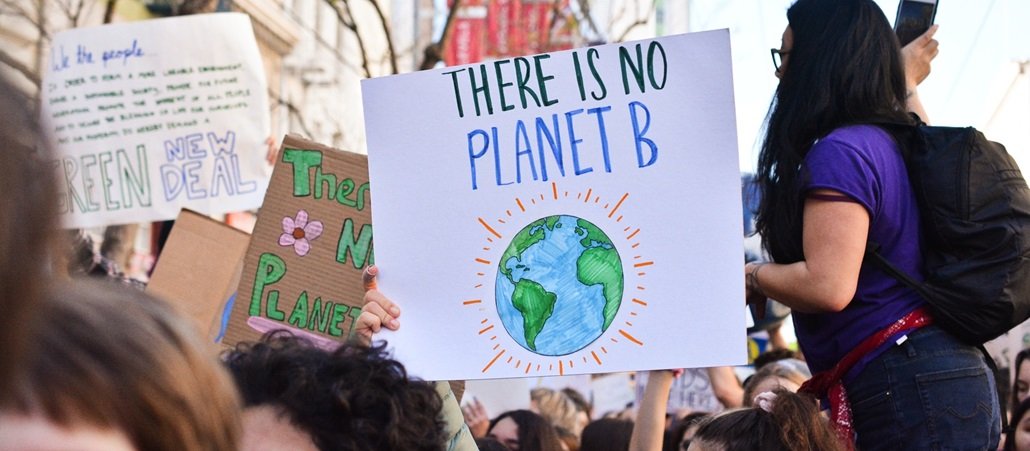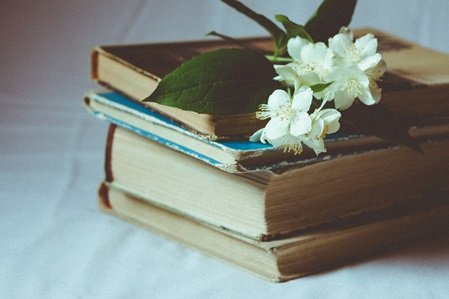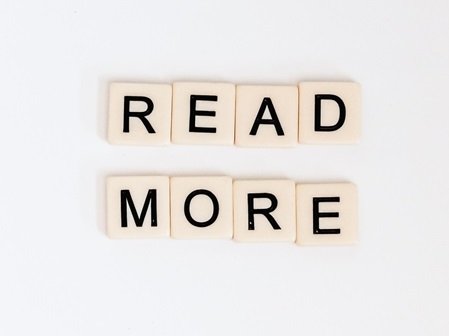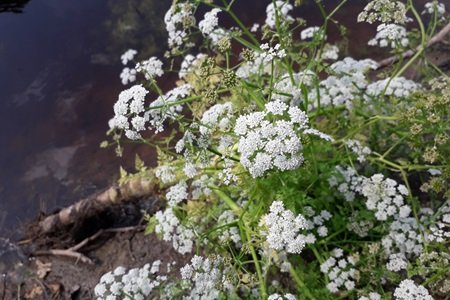Fran's Blogs
A relationship outside humanity

Our human predecessors would have looked into the eye of wildness on a daily basis. Whether through curiosity, chance or hunger, the sheer abundance of wild creatures surrounding them, and the necessary proximity in which they lived, would have made it impossible not to encounter them often, and intimately. Whether the animals that they exchanged these moments with were companions, equals, food or predators, each happenstance brought with it a connection to the natural world - which in turn sustained a deep understanding of it.
The majority of residents in the UK now experience our only connection with nature as occasional interactions with domesticated pets, farm animals, or a David Attenborough series on the TV. Truly wild nature is so far depleted, and we so far removed from it, that there simply isn’t the means of having intimate relationships with the visceral aliveness of wild beings. Most of us in the modern world have never had a relationship with anything outside humanity – and because of this we forget how deeply we as humans are – or should be – embedded reciprocally with other species in nature. Indeed, we forget entirely how much we rely on all things natural to sustain us.
The single species focus (on ourselves) that we are accustomed to as humans is so familiar to us that we have forgotten that anything else existed besides human disconnection from nature. And so we have arrived in the chasm of climate chaos and biodiversity loss that we find ourselves in. For a long time we have assumed that human intelligence can replicate nature’s abundance, or replace it if needs be, but our desire to be in dominion over nature has shown itself to be spectacularly flawed.
I once had the indescribable privilege of looking into the eye of a young southern right whale – and the depths that those eyes contained. It gave me a brief glimpse of an echo of what we have forgotten and what we are missing in our relationship with the rest of the natural world. Imagine if we had experiences like these every day. Imagine if we created a relationship of trust and reciprocity with nature, instead of a ‘power over’ and ‘take what I want’ imposition? Imagine, if we stopped assuming that we are dominant, and remembered that we are intricately interconnected with (and dependent on) all living things.
My profound optimism suggests to me that it is possible for at least some of us to do this. And that those who do, might just be those who have the inspiration, innovation and imagination to help get us out of our current climate crisis. As the COP26 summit ends in Glasgow, political leaders are postulating whilst taking little concrete action to prevent the world and its kaleidoscope of species disintegrating around us. I can’t help thinking that it is at this point of crisis where perhaps the human species has its epiphany, but that it will be the grass roots, community led and nature connected elements of humanity, and not the politicians, who will have the passion and tenacity to attempt to save their fellow species, just so they can look them in the eye and know that they tried.
Fran's Blogs
Words can inspire and help us to understand nature much better. Explore Fran's blogs. They are designed to help you to re-think your approach to our natural landscapes.
20 Tips on How to Wild
It can take time to learn how to allow nature more latitude to restore itself. Explore 20 simple actions that everyone can take to help make our land and seascapes wilder.
There are a few key principles that you can embrace:
- Accept change
- Venture into the unknown
- Be the change & lead by example
- Engage with imagination
- Relinquish control
- Share in your abundance Find out more...







